By Wu Xinru
(ECNS) -- "A distinctive feature of China is its strong ability and flexibility to quickly adapt to changes in the environment. It is the crucial time for China's transformation into a technologically advanced country. China should go all out in the field of science and technology," said Hervé Machenaud, academician of National Academy of Technology of France and former technical director of EDF (Électricité de France), France's state-owned electric utility company.
In a recent interview, Machenaud was invited to share his views on China's economic development and the construction of its nuclear power industry.
China has considerable lead in global nuclear energy industry
In the 1980s, EDF played a key role as the technical partner in the design, construction, and operation of China's first large-scale commercial nuclear power station, the Daya Bay Nuclear Power Station in South China's Guangdong Province. It was during this time that Machenaud embarked on his inaugural trip to China with the working group. Since then, he has been actively involved in fostering close cooperation between China and France in the nuclear power sector for decades, becoming an important witness to the friendly exchanges between the two countries.
As Machenaud put it, EDF was a mentor and friend in China's energy and power sector development. To this day, the cooperation between EDF and China continues with China largely surpassing its predecessors.
As an expert in the field of nuclear power, Machenaud has been paying close attention to the development of nuclear power industries in China. Seeing China building digital models of equipment and buildings with "digital twin" and other technologies, he was amazed. With the technologies, China has simplified the subsequent actual construction process to a large extent.
He believes that in the coming decades, nuclear energy is highly likely to develop on a large scale in the world and China is sure to play a pivotal role and become a global hub for the transfer of nuclear knowledge and technology with the existing lead. "We certainly hope that France will benefit from this," he added.
Crucial time comes for China's transformation into a technologically advanced country
In 2002, Machenaud and his wife, Ms. Christine Cayol, who is the vice president of Sino-French Cultural Forum, settled in China. Speaking of his first impression of this country, he said it is surprising and attractive to him. But what struck him the most is that once he builds connections with Chinese people, he will be amazed by the depth of that relationship, the level of delicacy and care.
As an observer of China's economic growth, he speaks highly of the country’s strong ability and flexibility to quickly adapt to changes in the environment. Living in China for decades, he has witnessed the steady progress of China's industrialization since the reform and opening up. "In just a few decades, China has become the world's factory. Most of the world's industrial products are made in China. This has not only contributed to China’s own rapid development but also benefited the whole world," said Machenaud.
He further pointed out that China has become overwhelmingly dominant in the renewable energy sector and stands as a global pillar both on technical and technological terms. It is the crucial time for China's transformation into a technologically advanced country. China should go all out in the field of science and technology, developing artificial intelligence, quantum technology, self-driving cars, flying cars, and other cutting-edge technologies.
He notes that with the transformation into a global technology powerhouse, China will take on the important task of leading and promoting common development around the world. So, he looks forward to deepening mutual understanding and relationships, hoping that France and China can have broader and deeper exchanges and cooperation.








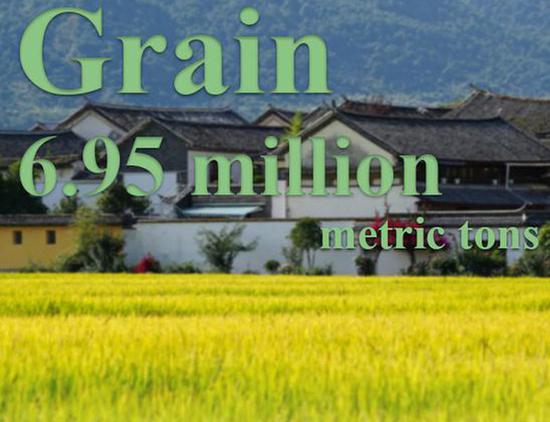





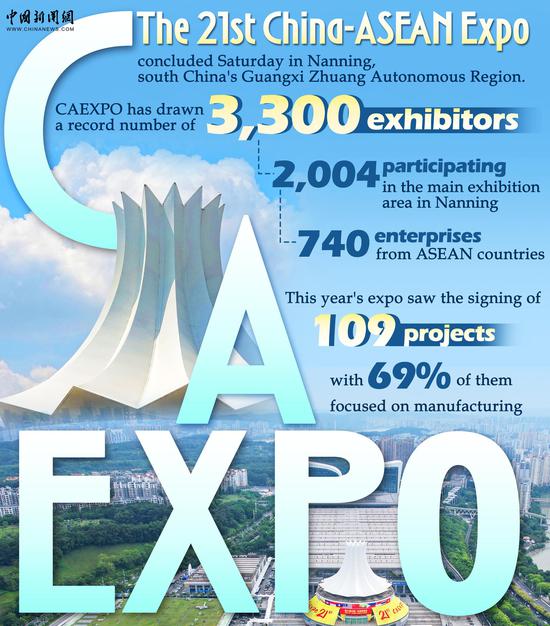
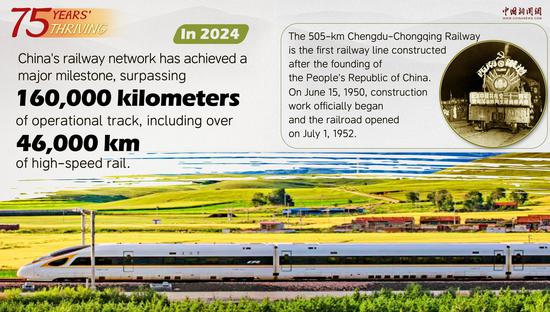
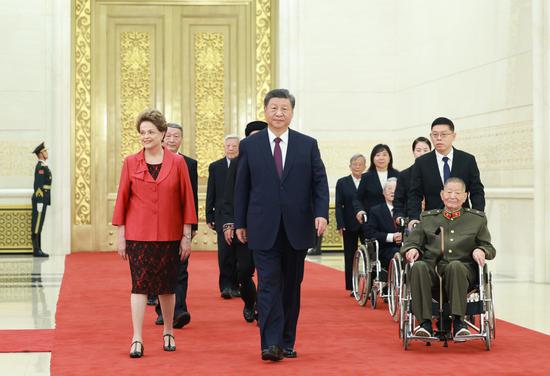






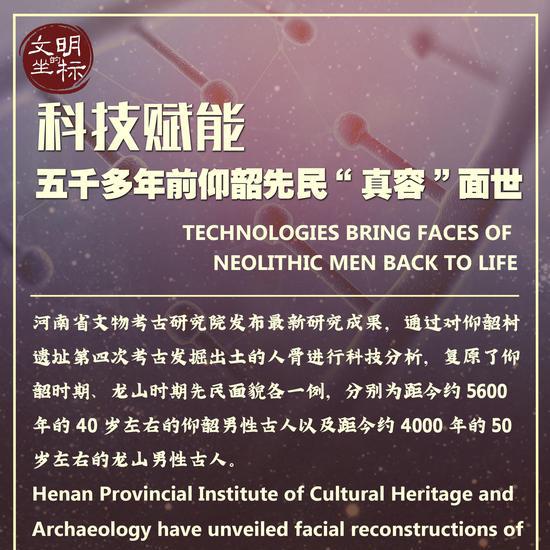
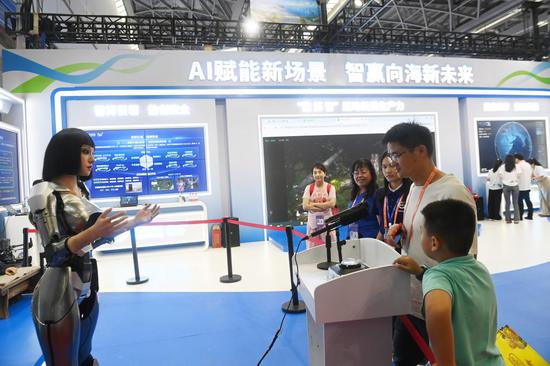





















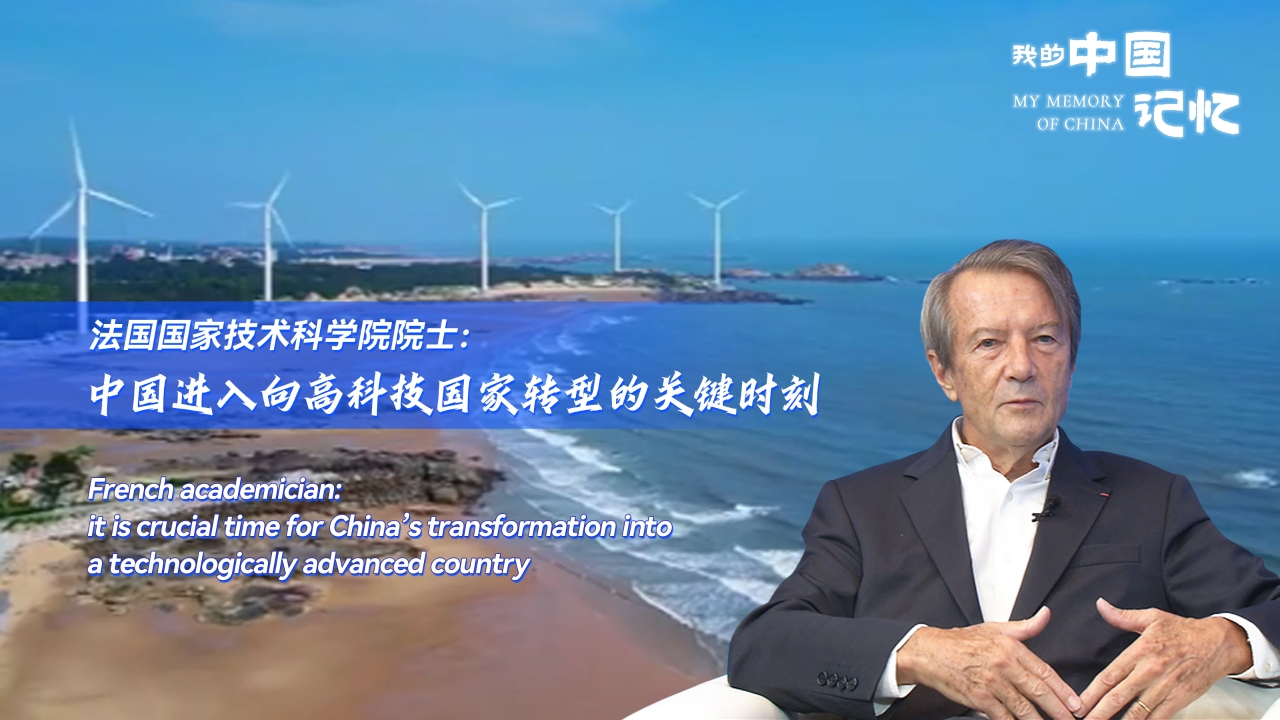



 京公网安备 11010202009201号
京公网安备 11010202009201号